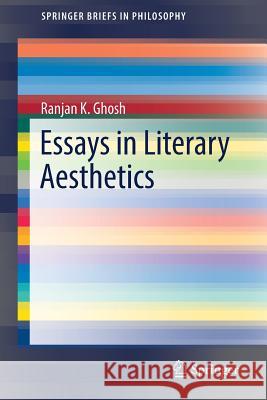Essays in Literary Aesthetics » książka
topmenu
Essays in Literary Aesthetics
ISBN-13: 9789811324598 / Angielski / Miękka / 2018 / 82 str.
Kategorie BISAC:
Wydawca:
Springer
Seria wydawnicza:
Język:
Angielski
ISBN-13:
9789811324598
Rok wydania:
2018
Wydanie:
2018
Ilość stron:
82
Waga:
0.15 kg
Wymiary:
23.39 x 15.6 x 0.51
Oprawa:
Miękka
Wolumenów:
01
Dodatkowe informacje:
Wydanie ilustrowane











